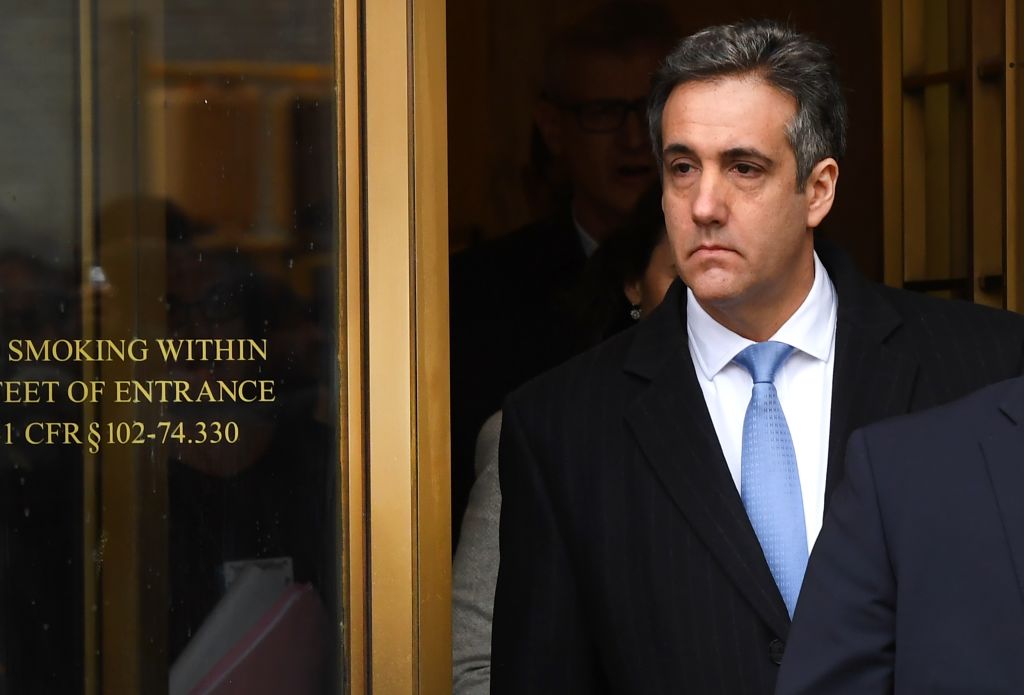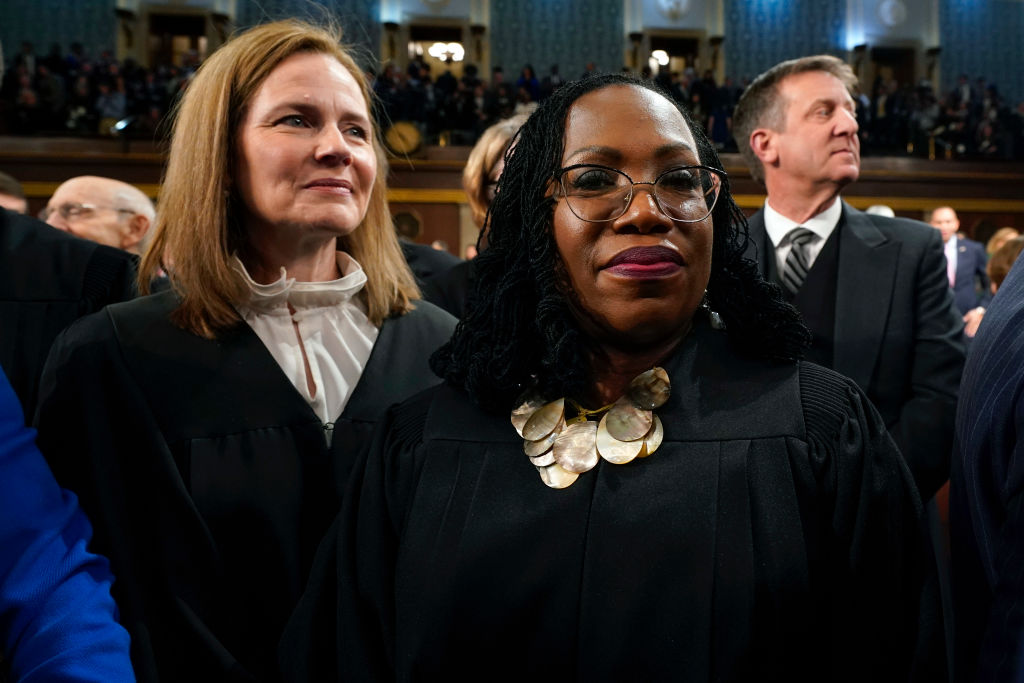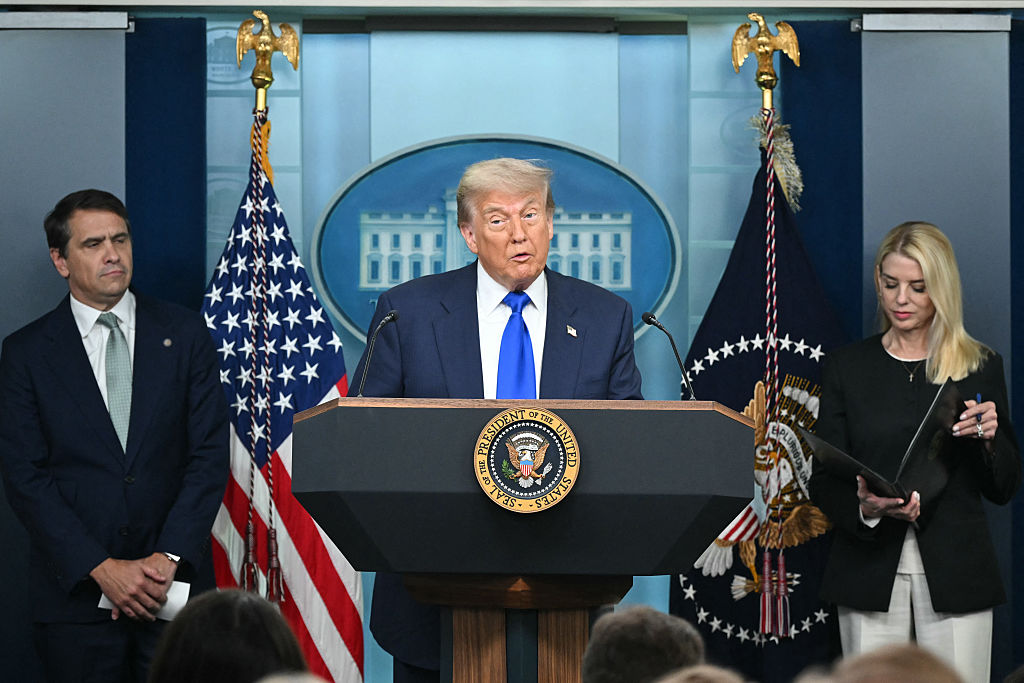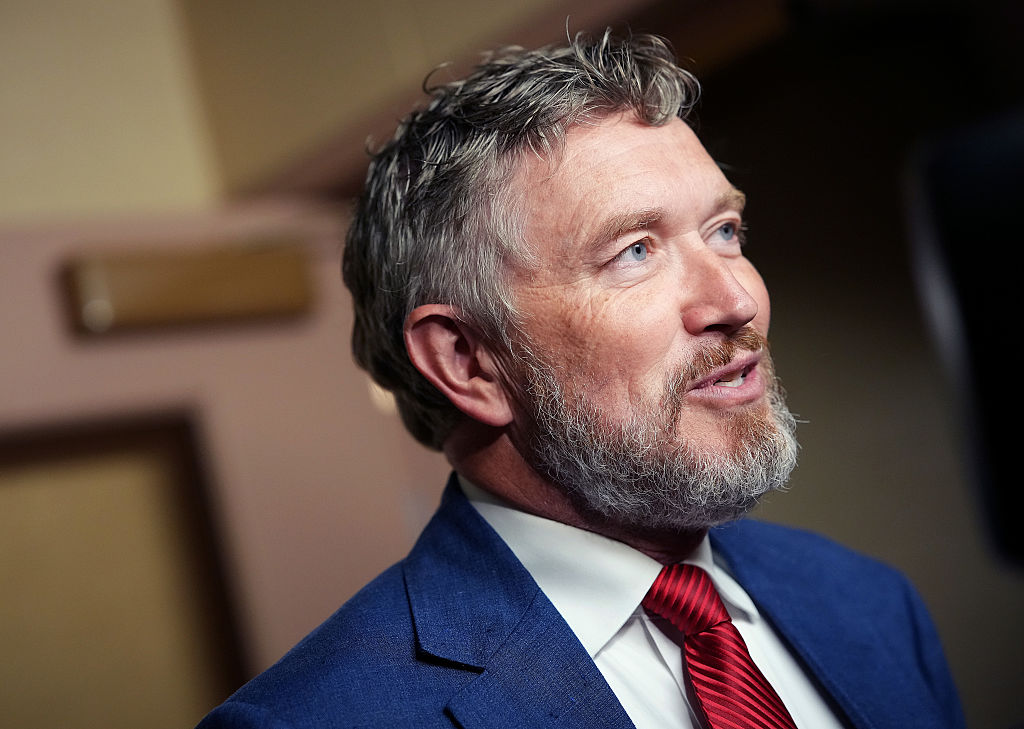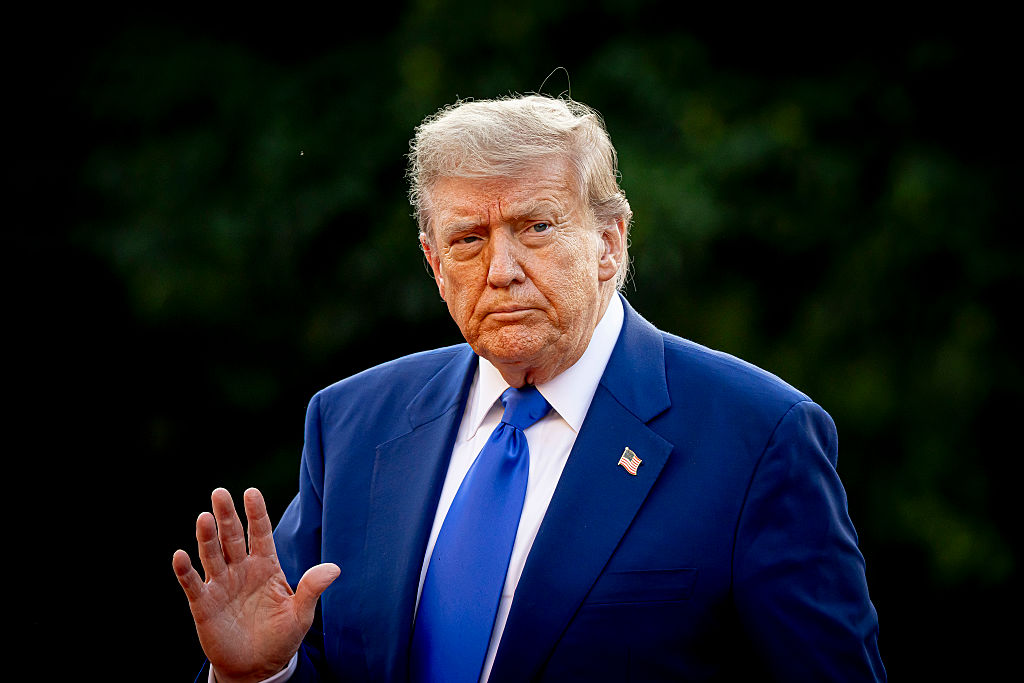Some might think Michael Cohen’s sentencing today means that Robert Mueller has finished with him. Not so. Under Rule 35 of federal criminal procedures, convicted offenders can get credit for their ‘substantial assistance’ after sentencing.
Hmm. It is possible, therefore, that Cohen is continuing to help Mueller. Pay especially close attention to a mysterious $50,000 payment to an unnamed tech company that – court filings reveal – Cohen made during the election campaign.
Could these be the payment to ‘hackers’ made in the Czech Republic described in the Steele dossiers – and always, so far, publicly denied by Cohen and his lawyers?
The dossier claimed that Cohen went to the Czech Republic in the summer of 2016 to pay off hackers and meet Kremlin agents to coordinate a cover-up of what had been done in the election campaign. This would be the collusion with Russia that President Trump has challenged his enemies to find.
If the Prague story is true, Cohen has to deny it because what (allegedly) took place there was treason, with a life sentence attached if found out – which is not the case with other evidence Cohen might give: saying he knows about the Don junior meeting with a Kremlin lawyer offering dirt on Hillary, for instance; or even that he was talking to Putin’s aides about Trump visiting Moscow to discuss building a tower. Cohen can tell tales about others but treason in Prague – if that’s what happened – implicates him directly.
Just how helpful has Trump’s ‘Ray Donovan’ been to investigators so far? According to Friday’s sentencing recommendation from the Southern District of New York, not as helpful as his legal team hoped:
‘Cohen did provide information to law enforcement, including information that assisted the Special Counsel’s Office in ongoing matters, as described in the SCO’s memorandum to the Court…but Cohen’s description of those efforts is overstated in some respects and incomplete in others. To be clear: Cohen does not have a cooperation agreement and is not receiving a Section 5K1.1 letter either from this Office or the SCO, and therefore is not properly described as a “cooperating witness,” as that term is commonly used in this District.’
That may change as Mr Cohen heads to the big house.



